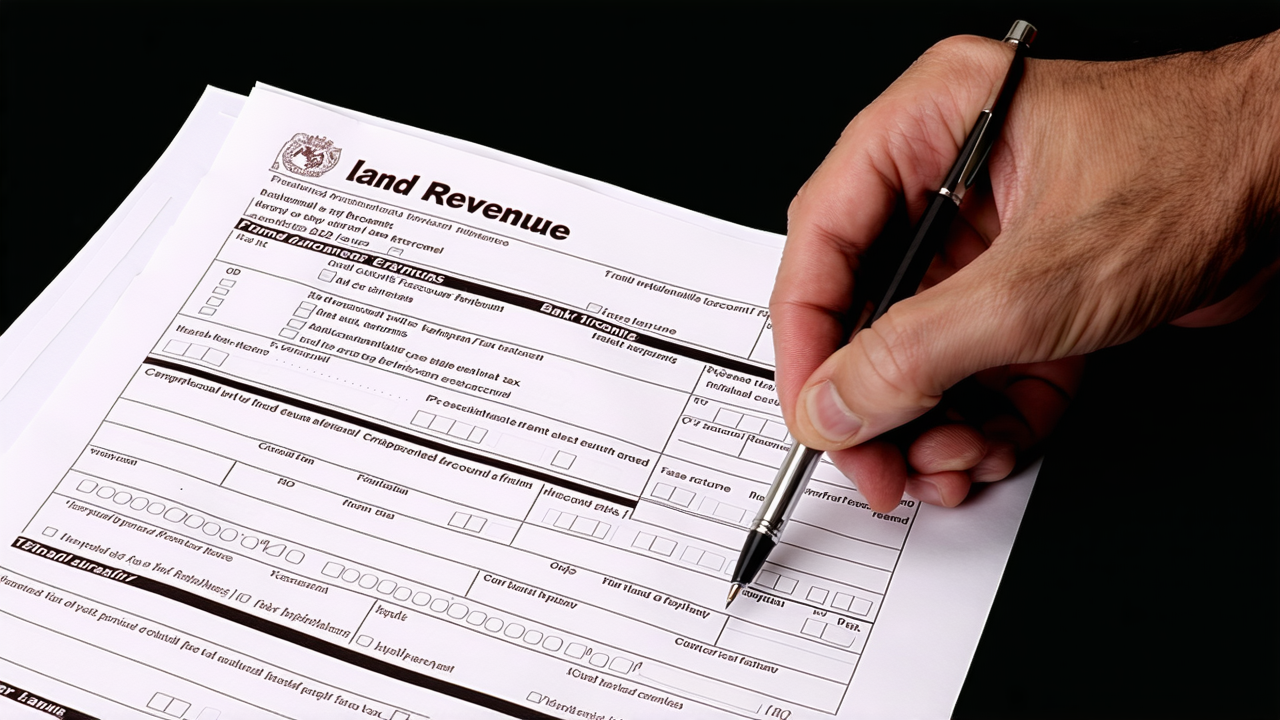Tax Fraudster Sentenced to Two Years for Filing 64 False Returns
Tax Fraudster Sentenced for Deceptive Schemes Involving Multiple Taxpayers
Manukau District Court has handed down a two-year prison sentence to Caitlin Briar Ashby for orchestrating a complex tax fraud scheme that targeted multiple taxpayers and exploited government support programs during the Covid-19 pandemic.
Ashby was found guilty of submitting 64 false income tax returns for 14 different taxpayers, using forged documents to defraud the Inland Revenue. The court heard that she established three separate bank accounts using false identities, enabling her to siphon off refunds and payments meant for innocent taxpayers.
Her fraudulent activities extended beyond income tax returns. Ashby submitted two false GST returns, two false small business cashflow scheme loan applications, and one false resurgence support payment application in an effort to further exploit the government’s relief measures.
The Inland Revenue revealed that in 2019, Ashby had 19 taxpayers’ bank account details altered, ensuring that any income tax refunds owed to them were redirected into accounts she controlled. She also attempted to have two GST returns paid into accounts under her control.
According to the Inland Revenue, nearly $37,000 was paid into bank accounts under Ashby’s control from the Covid relief schemes. She had initially attempted to claim $222,822.44 from the government, but was only successful in obtaining $36,629.64.
The court also noted that Ashby was granted leave to apply for home detention as part of her sentence, though no reparation was ordered by the court.
This case highlights the growing risks associated with identity theft and fraudulent claims during times of economic uncertainty. Experts warn that such schemes not only undermine the integrity of the tax system but also place a significant financial burden on public relief programs.
Opinion: While the court’s decision to allow home detention may be seen as a concession to the current prison overcrowding crisis, it raises questions about the appropriate level of punishment for those who deliberately exploit vulnerable systems for personal gain. The lack of reparation further underscores the need for stronger legal mechanisms to ensure that fraudsters are held accountable not only through incarceration but also through financial restitution.
